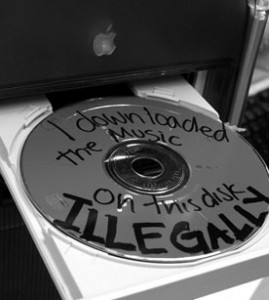
Earlier this year, U.S. District Judge Nancy Gertner of Boston was handling the case of Joel Tenenbaum versus the Recording Industry Association of America. Tenenbaum had been found guilty of using file-sharing software Kazaa to download and share 30 tracks. The original amount of damages to be awarded to the RIAA was $22,500 per song, but was reduced by Judge Gertner down to $2,250 per song making the full payment $67,500. She originally stated the the exorbitant amount was “unconstitutionally excessive”. However, the 1st U.S. Circuit Court of Appeals reversed the decision making Tenenbaum liable for the original amount of $675,000.

The appeals court also felt pressure from the Obama administration as it argued in support of the original $675,000 penalty, mostly due to the use of the Constitution within the decision to reduced damages. The RIAA’s position claims that judges have no right to reduce the penalties in these cases and continue to appeal decisions that chop down monetary awards. However, the RIAA has abandoned its continual pursuit of litigation against suspected file-sharers and is working directly with Internet service providers to track down people sharing music as well as threaten an end to Internet service.


